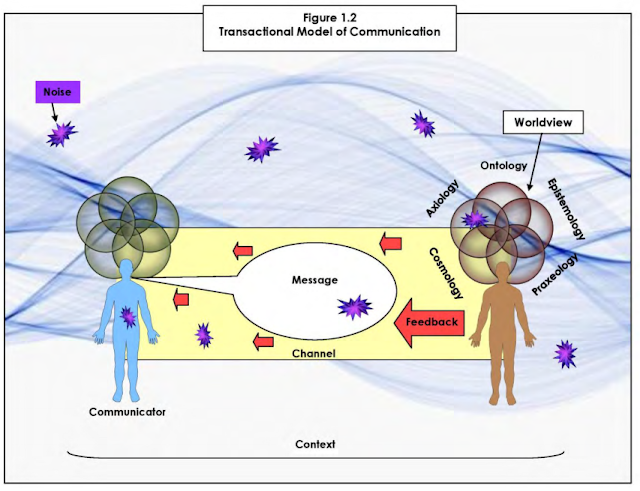My name is Squid Monteith and I am a student at Emporia State University majoring in Bachelor's in Secondary Education in Speech and Theatre. This blog is meant to provide insight into the research I conducted while at Emporia State.
Below, you will find some information about myself.
 "Squid Monteith is a rising senior majoring in Secondary Education of Speech and Theatre with an emphasis in speech and argumentation. After graduating from ESU, he plans to attend graduate school for communications in argumentation and debate out of state. Along with which, he intends to coach competitive speech and debate at either the college or high school level. He has not yet decided on where he will attend graduate school.
"Squid Monteith is a rising senior majoring in Secondary Education of Speech and Theatre with an emphasis in speech and argumentation. After graduating from ESU, he plans to attend graduate school for communications in argumentation and debate out of state. Along with which, he intends to coach competitive speech and debate at either the college or high school level. He has not yet decided on where he will attend graduate school.  Squid spends most of his time doing debate related work. As he enters his senior year, he begins his final year of competition. In his seven years as a debater, Squid has focused on cross-examination policy debate as his area of expertise. While at Emporia State, he has received numerous speaking awards and has conducted countless hours of research in areas of study such as Queer Negativity, Medicalization, Neoliberalism, Dark Deleuze, Queer Anarchism, and many more. In the fall of 2017, he began coaching for San Marino as a private policy coach. Recently, his students have made it to elimination rounds at national tournaments such as the Alta Invitational, Stanford, and ASU.
Squid spends most of his time doing debate related work. As he enters his senior year, he begins his final year of competition. In his seven years as a debater, Squid has focused on cross-examination policy debate as his area of expertise. While at Emporia State, he has received numerous speaking awards and has conducted countless hours of research in areas of study such as Queer Negativity, Medicalization, Neoliberalism, Dark Deleuze, Queer Anarchism, and many more. In the fall of 2017, he began coaching for San Marino as a private policy coach. Recently, his students have made it to elimination rounds at national tournaments such as the Alta Invitational, Stanford, and ASU. 
 Squid has been a member of the Women's Debate Institute Board of Directors for 4 years and has recently taken on the role of Chair of the Community Development Committee. Here, he works to create a space of fun-filled education that builds community activism and bonding. While at the WDI, Squid has filled the role of Instructor, RA, Community Development Assistant, and Executive Board Member. He intends to continue to work with the WDI in order to transform the competitive debate space."
Squid has been a member of the Women's Debate Institute Board of Directors for 4 years and has recently taken on the role of Chair of the Community Development Committee. Here, he works to create a space of fun-filled education that builds community activism and bonding. While at the WDI, Squid has filled the role of Instructor, RA, Community Development Assistant, and Executive Board Member. He intends to continue to work with the WDI in order to transform the competitive debate space."

